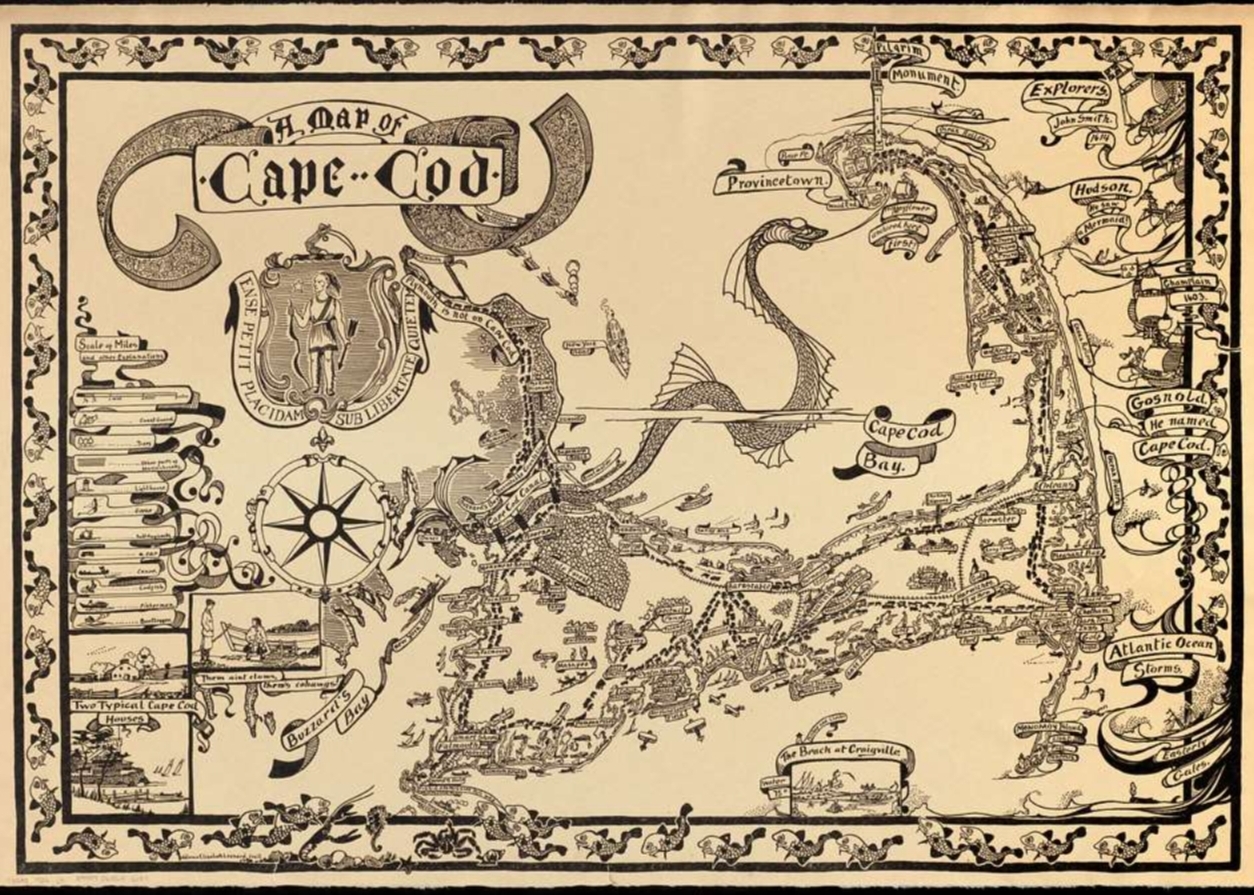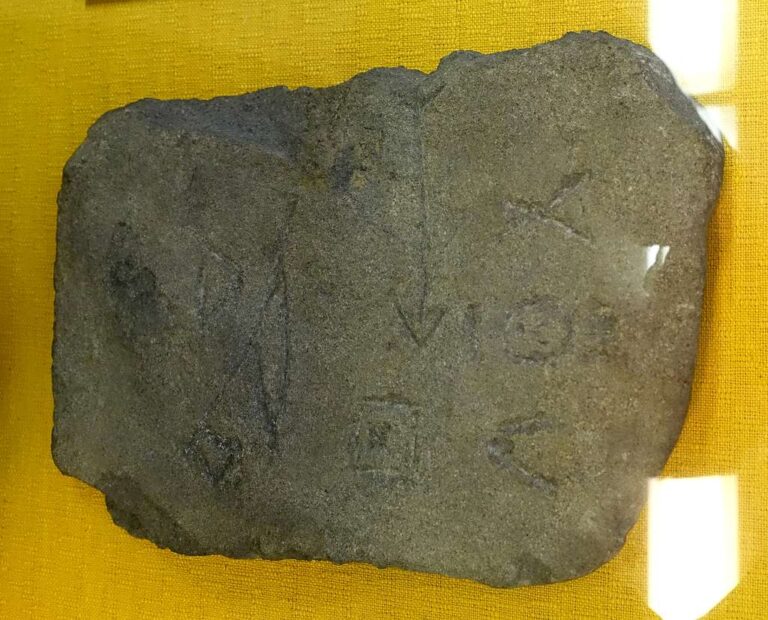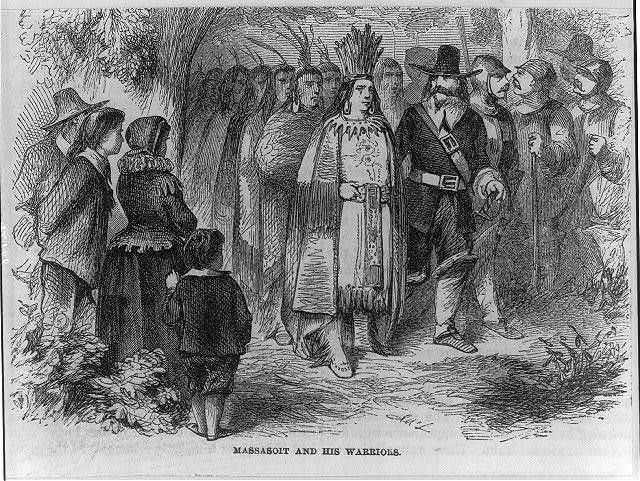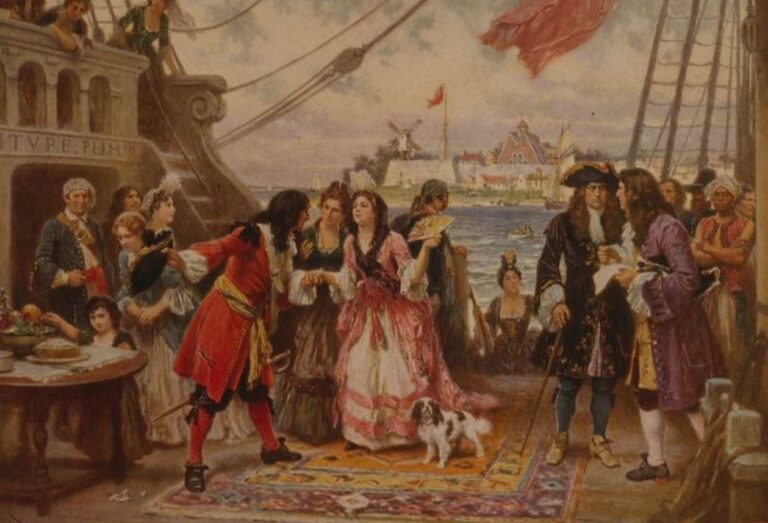The Rich History of Massachusetts Before It Became Massachusetts

Massachusetts is known for its rich history and significant role in the founding of the United States. But what was the area of Massachusetts like before it became the state we know today? In this post, we’ll delve into the fascinating history of the region, from its earliest indigenous inhabitants to its transformation into the 6th state of the United States.
- Native American Tribes:
Long before European settlers arrived, the area we now know as Massachusetts was home to several Native American tribes. These tribes included the Wampanoag, Nipmuc, Massachusett, and Mohegan, each with their own distinct languages, cultures, and traditions. The Wampanoag, in particular, played a significant role in the early interactions between Native Americans and English settlers.
- Arrival of the Europeans:
In the early 17th century, English settlers arrived on the shores of what is now Massachusetts. The first permanent European settlement was established in 1620 when the Pilgrims landed at Plymouth. They came in search of religious freedom and were soon followed by other groups like the Puritans who settled in the Massachusetts Bay Colony. This influx of European settlers had a profound impact on the region.
- Colonial Massachusetts:
In 1691, the Massachusetts Bay Colony merged with Plymouth Colony, as well as the territories of Maine and the island of Martha’s Vineyard, to form the Province of Massachusetts Bay. The early colonial period was marked by religious and political tensions, which eventually led to the Salem witch trials in 1692. Over time, the colony expanded and played a significant role in the American Revolutionary period.
- Role in the American Revolution:
Massachusetts was at the forefront of the American Revolution. Events like the Boston Tea Party, the Battles of Lexington and Concord, and the Siege of Boston were pivotal moments that contributed to the birth of the United States. Massachusetts was home to many notable figures, including Samuel Adams, John Adams, and John Hancock, who played essential roles in the fight for independence.
- Statehood:
On February 6, 1788, Massachusetts became the sixth state to ratify the United States Constitution, marking its transition from a colony to a state. The state’s ratification was a significant step in the formation of the new nation.
- Growth and Modernization:
After statehood, Massachusetts continued to evolve and grow. The Industrial Revolution brought economic prosperity to the region, with the textile, manufacturing, and shipbuilding industries playing pivotal roles. Boston, the state’s capital, became a center for commerce and culture, and its rich history is reflected in its many historic sites.
Conclusion:
The area of Massachusetts has a complex and storied history, dating back to its Native American roots and evolving through colonization, revolution, and statehood. Its role in the founding of the United States and its contributions to American history are immeasurable. Today, Massachusetts is a vibrant and diverse state that continues to be a hub of education, culture, and innovation, while always paying homage to its fascinating pre-state history.






